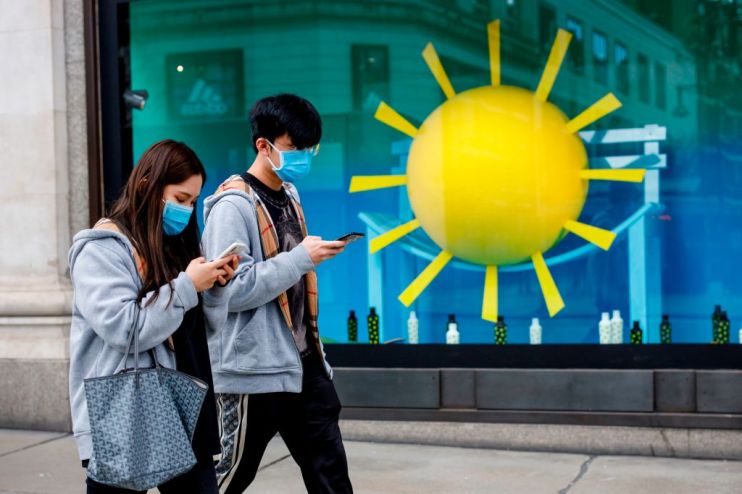Lockdown Generation: Without support, young people face a health crisis as well as an economic one

What do you remember about your first job?
The friends and connections you made? The skills you learned? The feeling of being able to support yourself financially?
It is well known that all these factors can shape our career trajectories. That they are involved in shaping your future health outcomes and development is less widely understood. Yet employment and positive economic circumstances are crucial to a young person’s development and long term health.
The Covid-19 pandemic has not only exposed existing health inequalities in our society, but is also posing both long and short-term challenges for young people, threatening financial security and future job prospects. While the immediate economic impact of the crisis is a major concern, the potential effects on this generation’s future health cannot be overlooked.
Research has shown over and over again that employment and its associated economic benefits are fundamental to a healthy life. Being out of work can affect levels of health in multiple ways, by ultimately lowering living standards, triggering distress, and influencing negative health behaviours such as increasing smoking and alcohol consumption.
Youth unemployment can also have particularly scarring impacts on future employability and wages, particularly for young men — research has found that male youth unemployment can affect wages in later life by up to 21 per cent.
All of this can result in poor health both now and later on.
Furthermore, we know that a lack of high quality, meaningful work can contribute to feelings of instability, lack of purpose and low self-esteem. In fact, research from the Centre for Longitudinal Studies at UCL Institute of Education found that unemployed young people are more than two times as likely to suffer from mental ill health compared to those with jobs.
During our Young People’s Future Health inquiry, we at the Health Foundation have spoken with many young people across the country who were already facing issues relating to precarious employment conditions before this pandemic.
As Covid-19 hit, some have now lost their jobs and their only sources of income, and many are struggling with their mental health. For those who are leaving school or college and seeking employment, the latest ONS labour market data suggests that the current crisis has only magnified the issue. Worryingly, the data shows that young people are also being disproportionately affected by the economic impact of Covid-19, experiencing a bigger increase in the Universal Credit claimant count than the rest of the population amid a backdrop of plummeting job vacancies.
Ultimately, the years between 12 and 24 are a crucial period for young people, as they seek to form the essential building blocks that support them to live a healthy life. Research suggests that there are biological consequences to social and economic disadvantage experienced in this period, which can have long-term effects on health.
It is essential that the government prioritises policies focused on renewing job prospects for young people, to ensure that they can protect their future health.
Rishi Sunak’s Kickstart scheme, which will subsidise work placements for 16–24 year olds on Universal Credit for six months, is an important first step. But we need to ensure all young people get the employment and training opportunities they need, and that they are not abandoned in six months time. They are facing a health crisis, not just an economic one.
As we move into the recovery phase, a national cross-government health inequalities strategy is needed to protect and improve the population’s health and wellbeing, linked to a longer-term strategy for economic renewal. As part of this, a focus on supporting young people to recover and thrive — no matter their background — will be vital.
The health of our young people is one of our nation’s greatest assets. We cannot let down this Lockdown Generation by allowing coronavirus to damage the building blocks that are so essential for a healthy future.
Main image credit: Getty